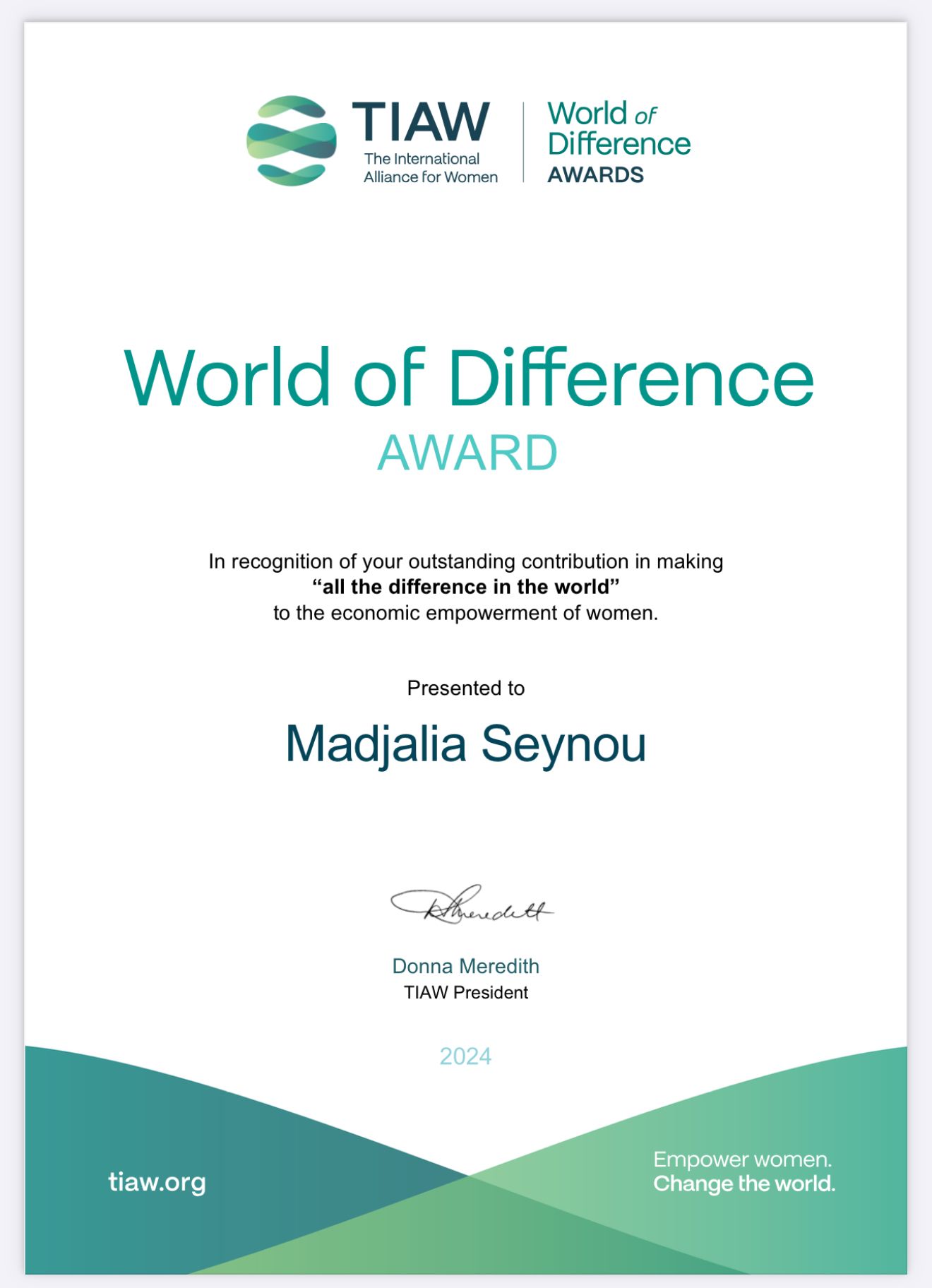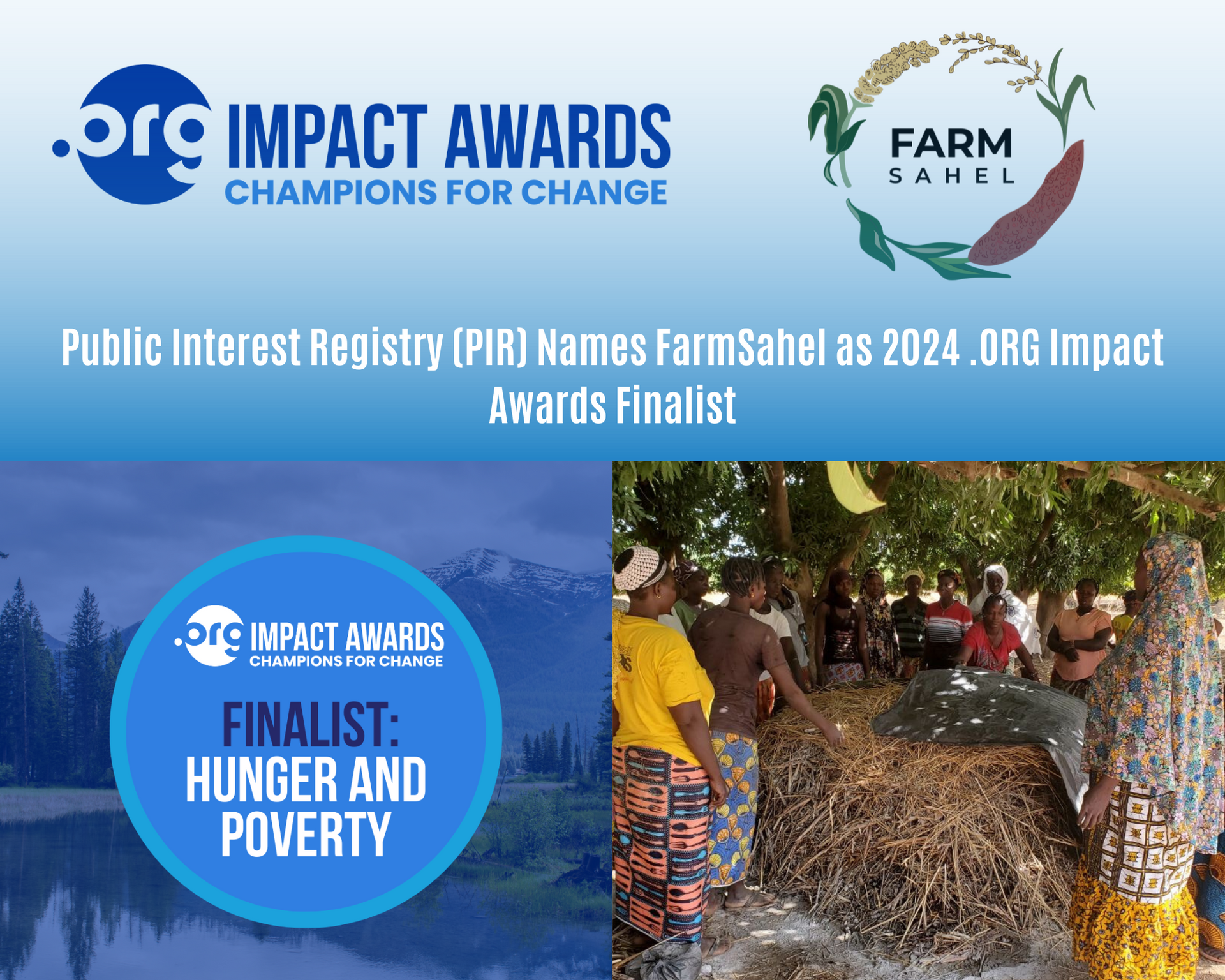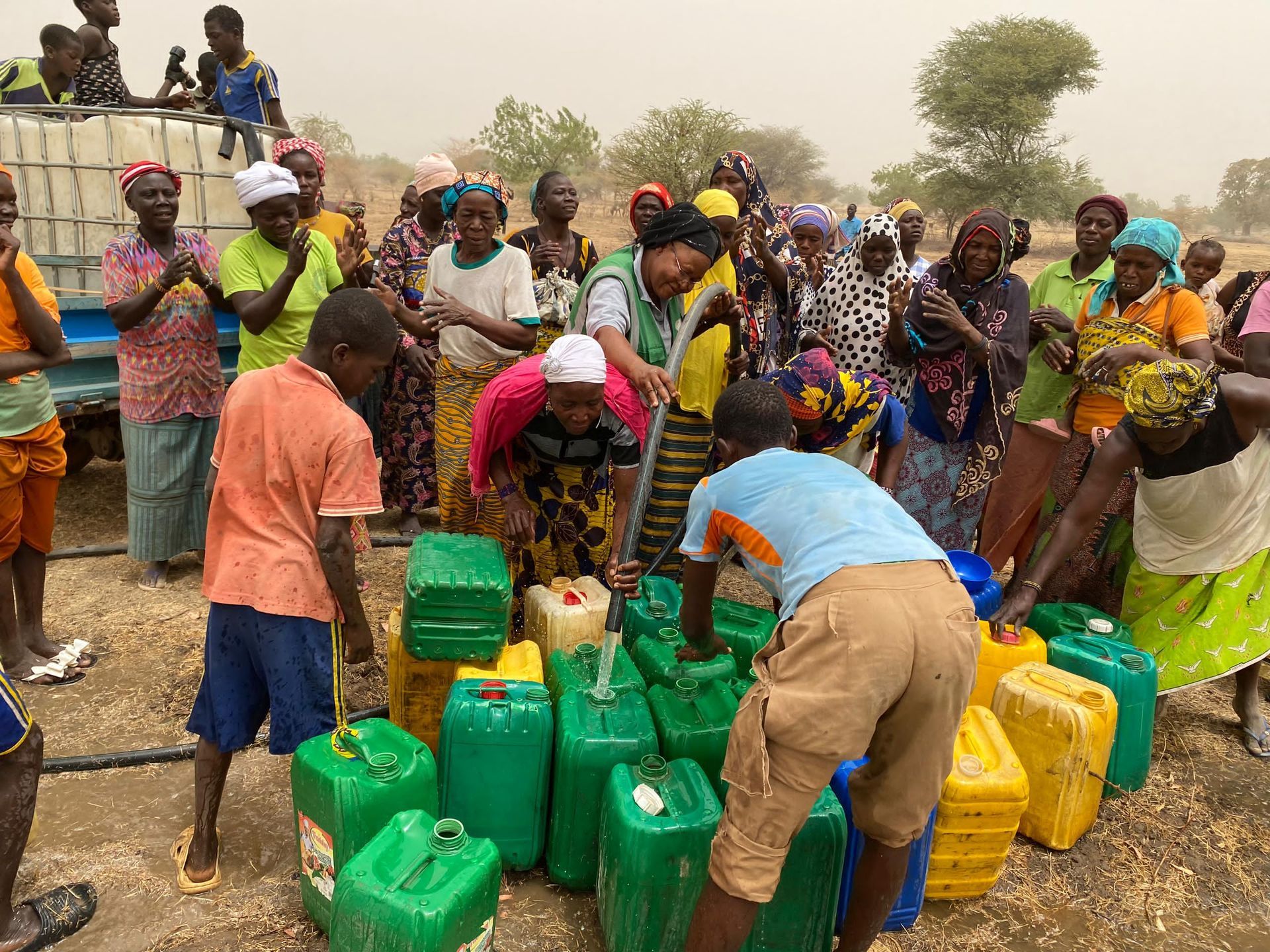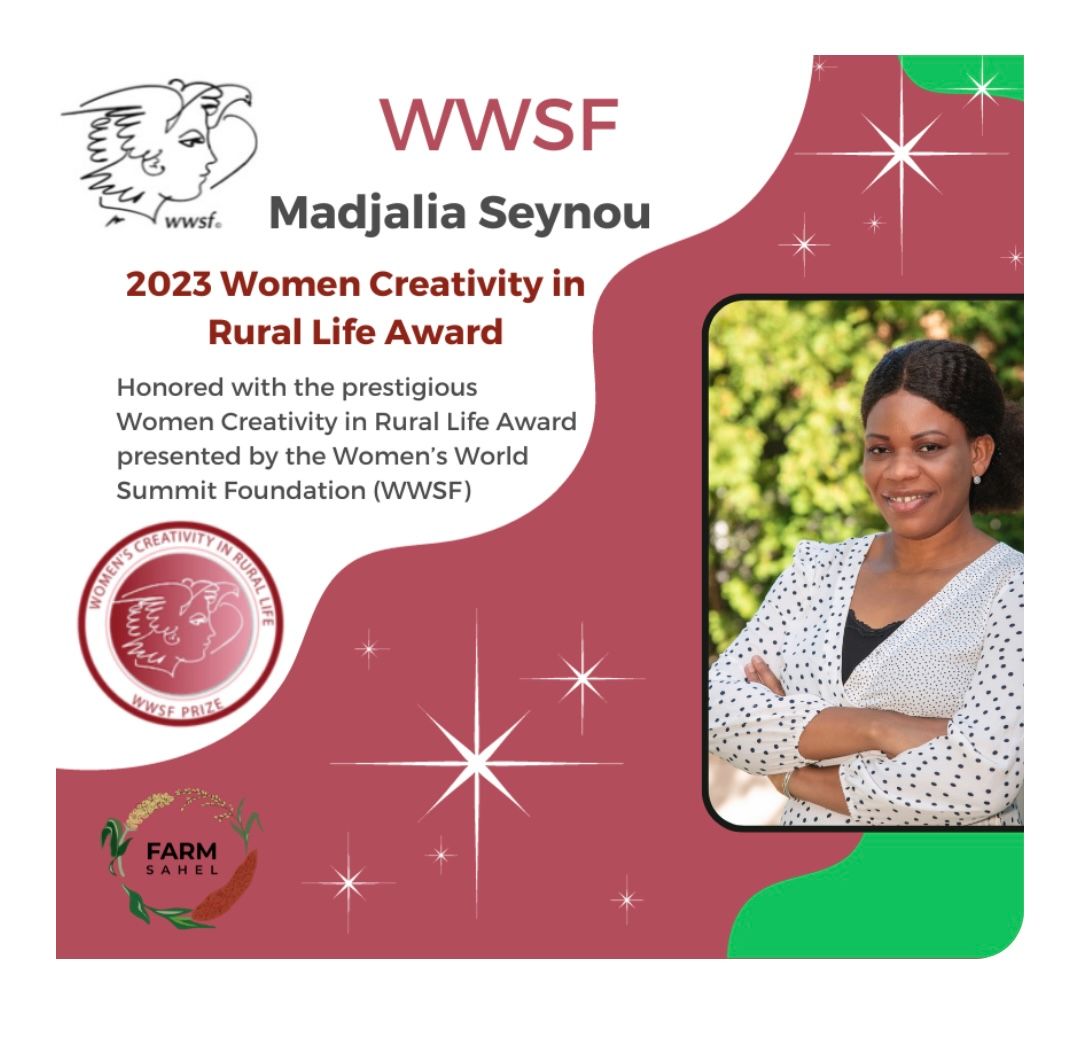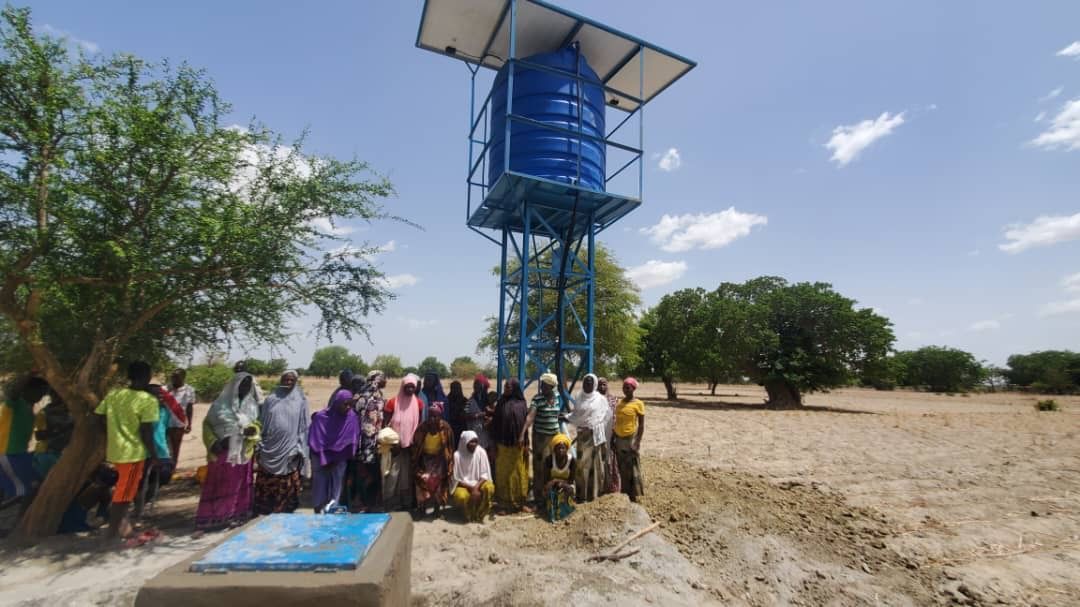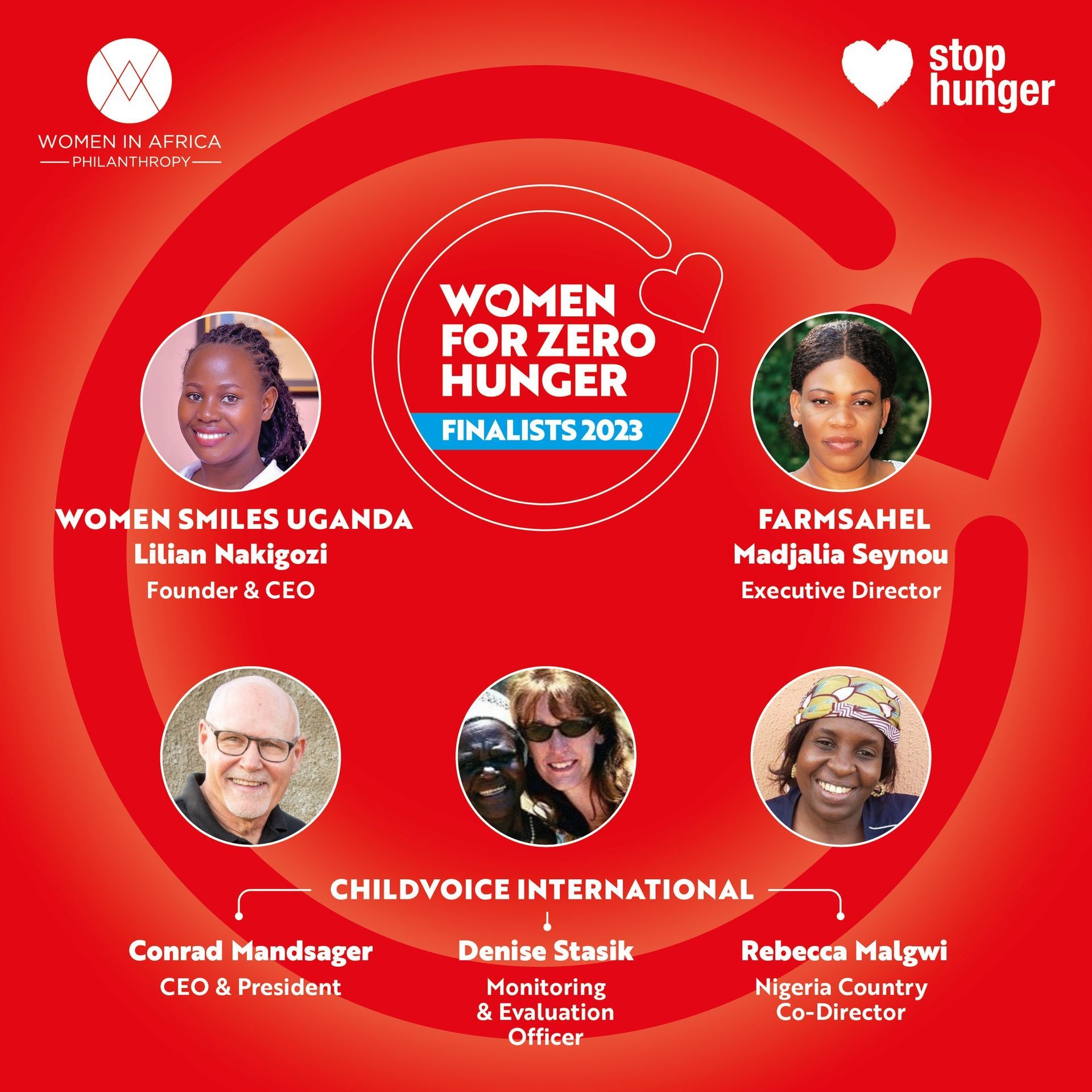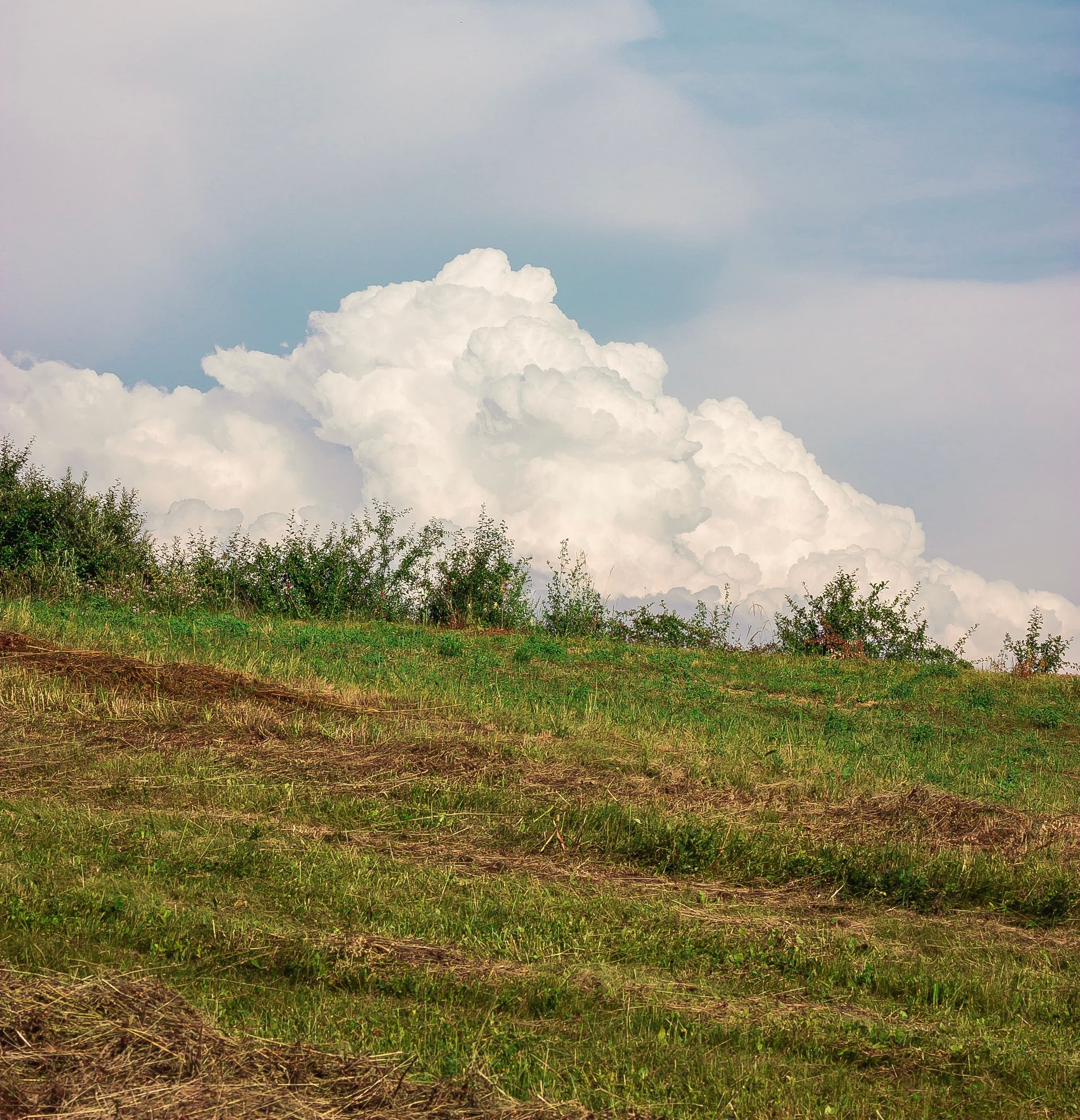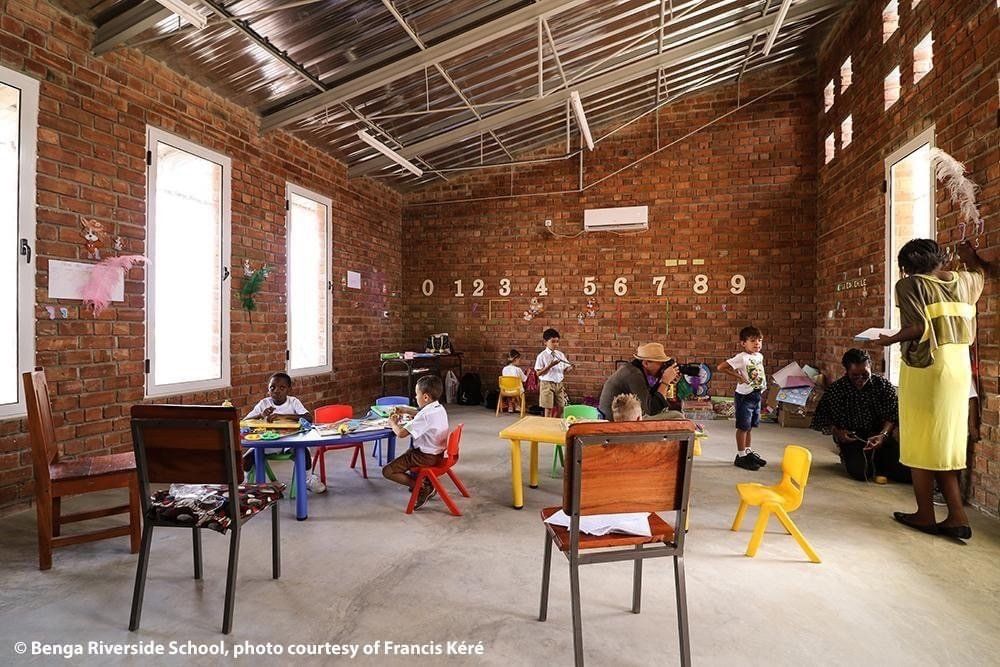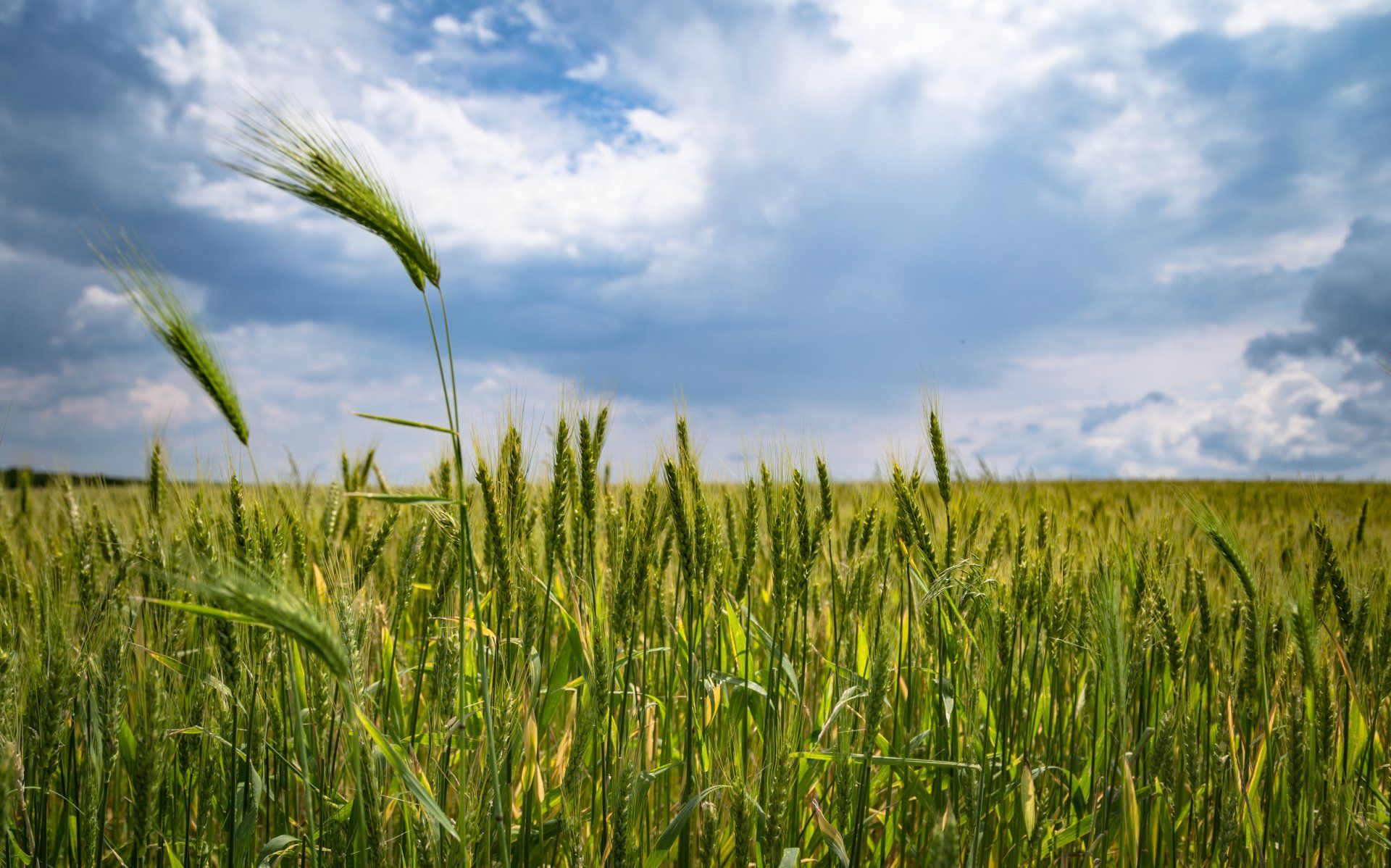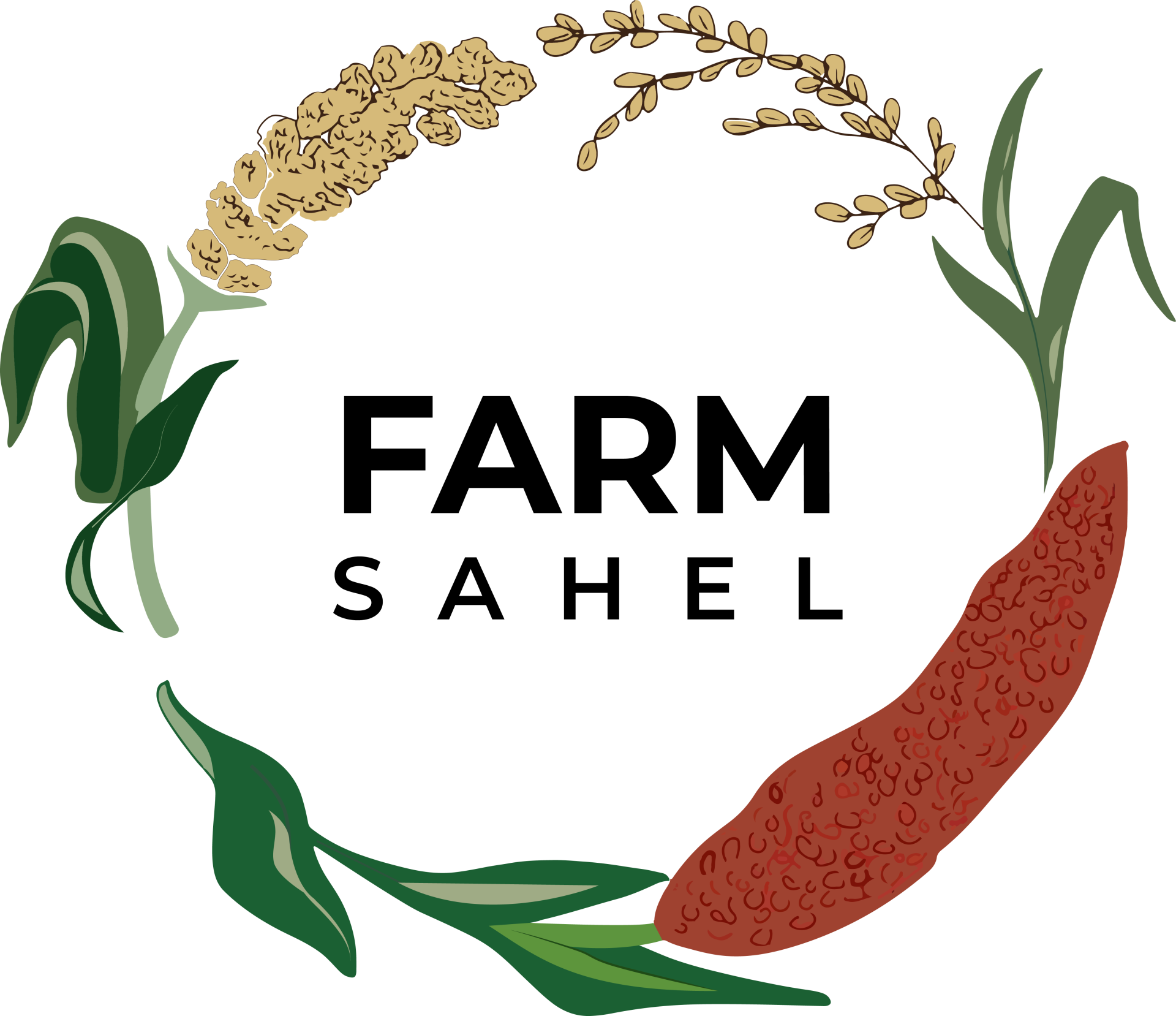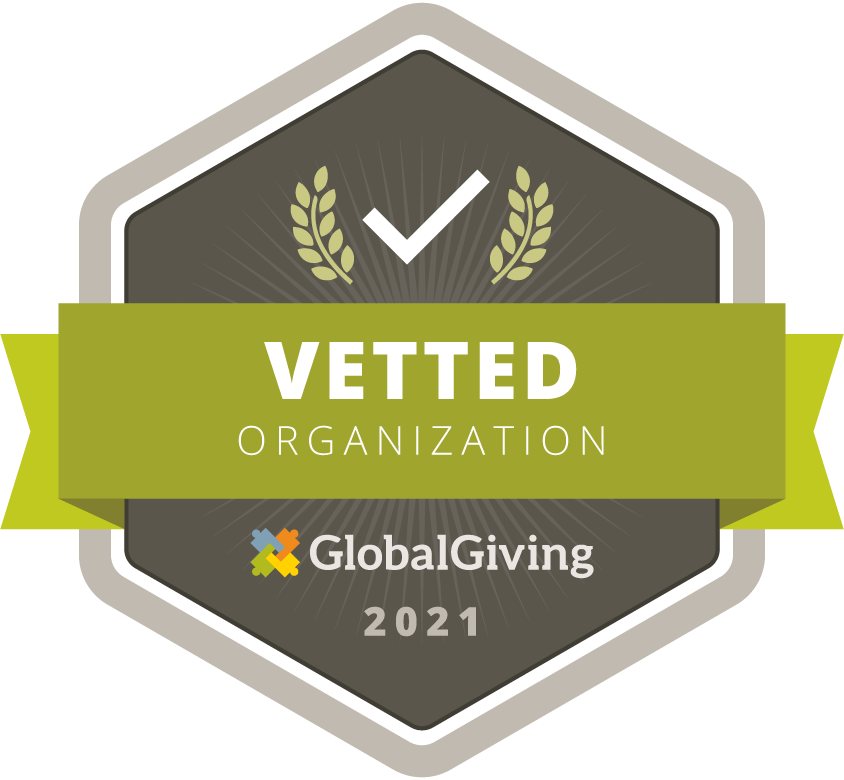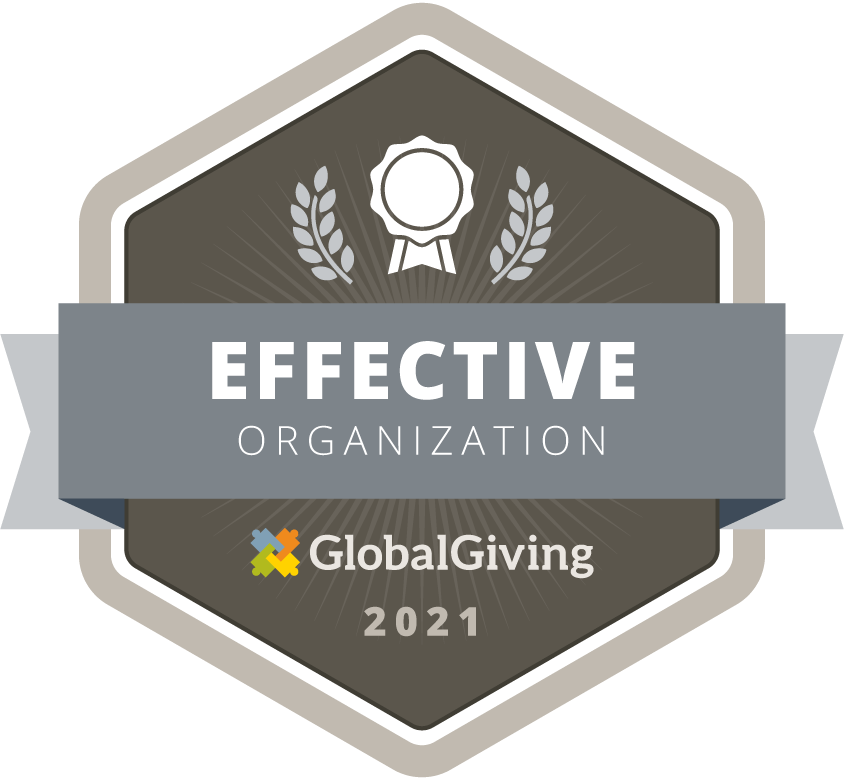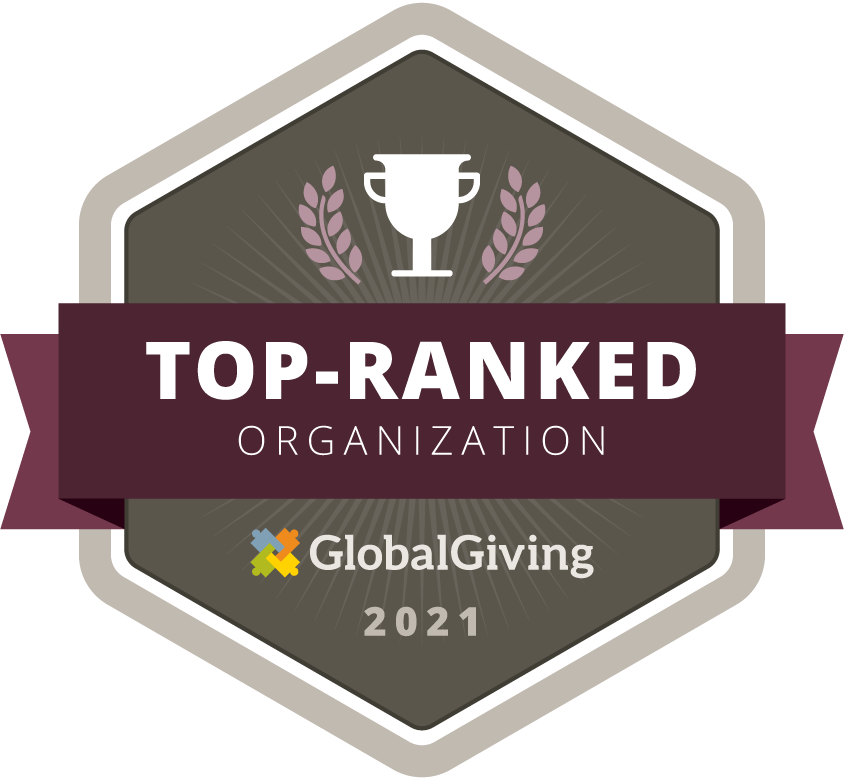Stormy weather at COP26 amid a “Colonization of the Sky”
“For the cost of flying to Glasgow, we could build a borehole in Togo and give clean water access to people.”1 - , Kaossara Sani , co-founder, , Act on Sahel .
As we eke out news trickling in from COP26 - some hopeful, some doubtful - the world is becoming wise to the fact that we’re hearing a lot of talk from a small few, and that there are voices missing.
Between the polished lines of speeches lay discussions of impossible debts and misunderstood origins of poverty and conflict. Unable to attend COP26, Sani nonetheless released her manifesto: “Climate justice for the 46 Least Developed Countries: Compensation for ecocide and the destruction of our ecosystems.”1
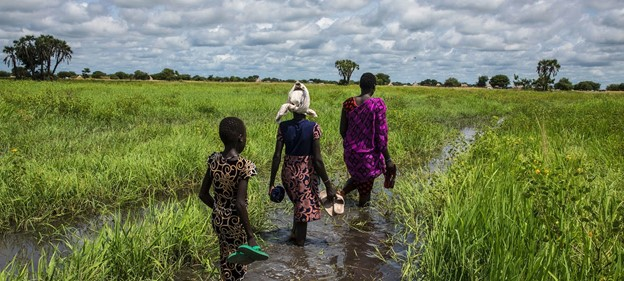
Photo credit: , Gabriela Vivacqua/WFP , via , All Africa
In it, she boldly addresses the carnivorous debt cycle that has lower income countries cornered. Left to spend five times more on debt than on coping with impacts of climate change, they can hardly deliver when devastation to their agriculture-driven economies is brought about by that same climate. And of funds provided thus far, over two-thirds are given as loans, ever worsening the debt cycle.2
Sani and her supporters are not staying home from the conference out of preference or protest. The world’s leading nations attend thanks to a wealth of access to vaccines and accommodations.2 Meanwhile, COVID restrictions halt those from countries with low levels of vaccination. Surging prices among hotels and hostels in Glasgow capitalizing on the summit - with the exception, perhaps, of one Scottish couple’s efforts in rallying locals to house delegates6 - don’t prove welcoming either.
“It is as Vanessa Nakate put it: [...] the climate crisis is a storm that affects us all, but we are all in different boats,” reflects journalist Chris Cummins, “Sometimes I think our European boat is, like the Titanic, playing waltzes and high-dining and not even looking at what’s coming.”2
For all their talk of millions and billions, many in attendance at COP26 lack the grounded understanding of climate variability’s specific effect on agricultural communities in regions like the Sahel. Nor do they sufficiently acknowledge efforts driven by locals, heed their guidance or lend proper support.
Increased unpredictability in the timing, duration or volume of rainfall, notes climate specialist, Pathé Sène, “means farmers are no longer sure when to sow and when to harvest.”4 While damages incurred by drought and flooding are well-documented, the changing climate also produces greater humidity, leading to more diseases among crops and livestock. And when land becomes unusable, livestock herders must move elsewhere for grazing land, which can lead to clashes with local farmers.3
"If there are fewer resources in rural areas, many young people will migrate to cities, often living in slums," notes Sène, "Or they can end up joining terrorist groups. [...] Finally, they may end up taking the boat and migrating to Europe." 3
But activists like Sani and her #ActOnSahelMovement are on the ground, the frontlines, planting seeds. They plant trees to push back against desertification, aid with irrigation projects and educate their communities.
Still, she urges us to call on G20 countries like our own to go beyond promises. Provide those most affected by unchecked industrialism and overconsumption with funds for local universities’ research and development on climate change, weather prediction, and methods of adaptation for agriculture.
“We urgently need climate adaptation science centers and technical institutes in every country, so that young people can obtain the knowledge and the skills that they need to innovate and produce solutions that will help their communities to adapt.”
The International Fund for Agricultural Development (IFAD), for one, appeals for more spending on adaptation, providing farmers with technology and practices suitable for the new climate they live in.3 Their "integrated climate risk management" project will span seven Sahelian countries as part of the Great Green Wall initiative. It aims to develop necessary infrastructure, including climate and weather stations to track data required for insurance against extreme weather events.3
“At Cop26, the west must show that it is now fit for the challenge and will finally fulfill its obligations. Only then will equity and justice become more than a mere slogan.”4 - Lazarus Chakwera, President of Malawi.
- “ , ‘Oppose This Climate Slavery’: A Manifesto To COP26 From A West African Climate Activist ”. Forbes: Sustainability. COP26. November 2, 2021. David Vetter, Senior Contributor.
- , “Start Telling The Truth About the Crisis” . Radio FM4., November 2, 2021. Chris Cummins, journalist.
- “ , Climate change is damaging food security in West Africa, says IFAD ”. Euromoney. November 4, 2021. Lewis McLellan.
- , “The west caused the climate crisis – it should now pay to clean up the mess” . The Guardian: Opinion. COP26. October 31, 2021. President Lazarus Chakwera.
“ , Scots villagers throw open homes to African delegates during COP26 climate summit ”. UK Daily Record. October 28, 2021. Stuart MacFarlane.
